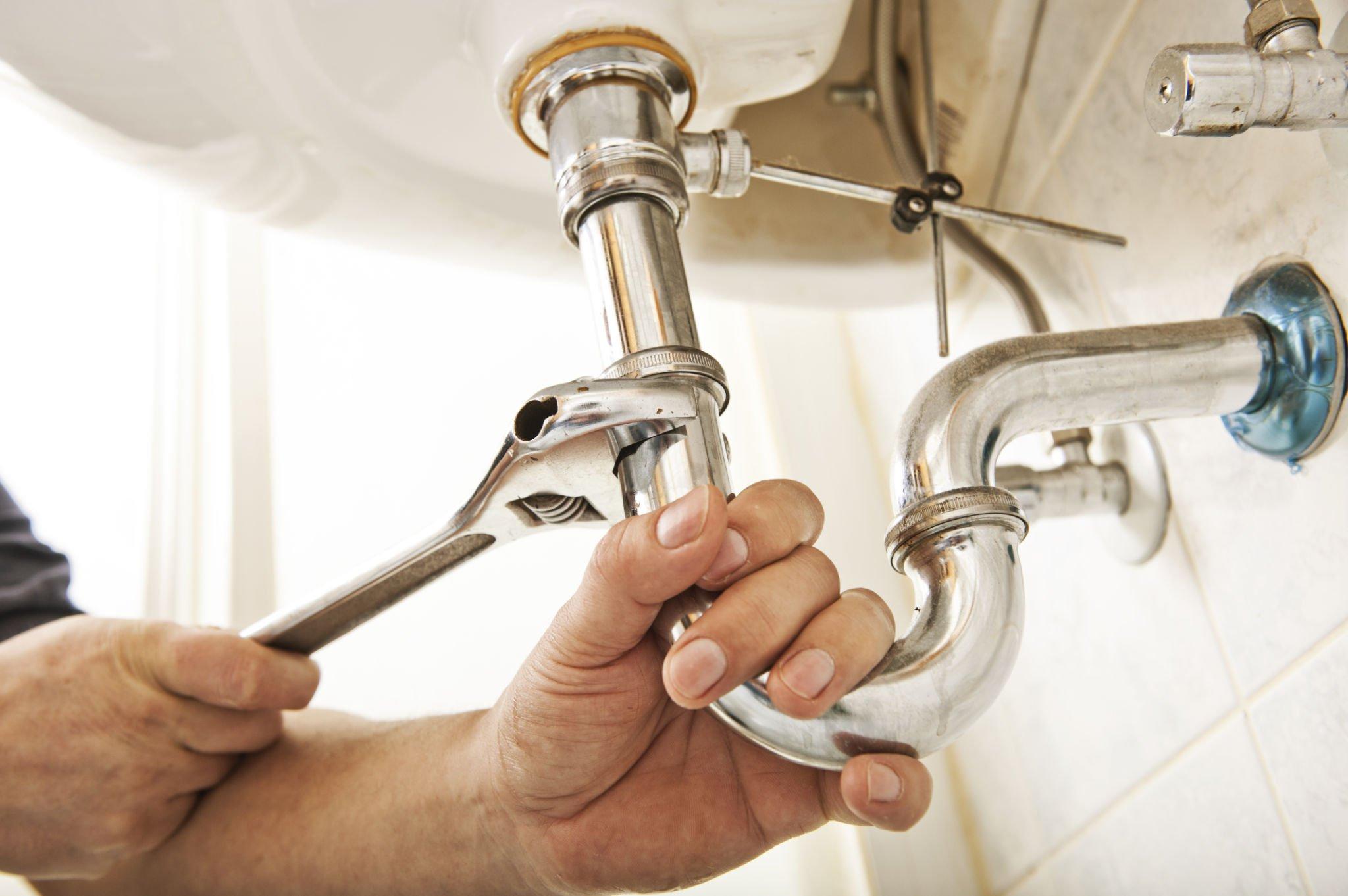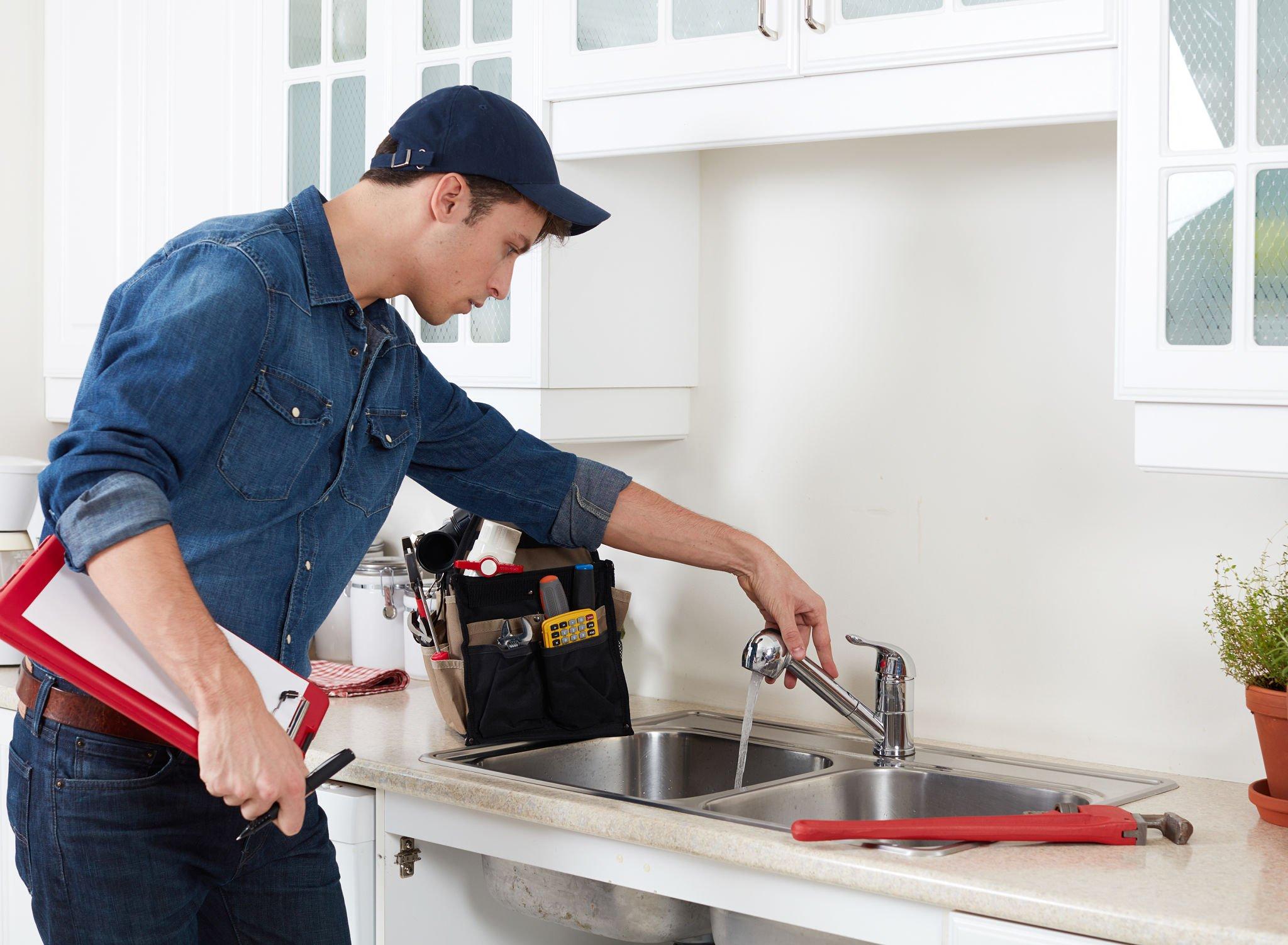Your Guide to Slab Leaks and Their Causes
In the complex network of your home’s plumbing, addressing a slab leak can be similar to solving a hidden puzzle. Unlike more conspicuous plumbing issues, a slab leak is often out of sight and out of mind, only making its presence known when it’s already wreaked havoc.
The initial challenge is to locate the leak, yet knowing what causes them and recognizing the early warning signs is equally important.

Contents
What is a slab leak?
It’s essential first to understand what a slab leak entails. Most homes are built upon a concrete base known as a slab, beneath which lie the crucial water and sewer lines.
A slab leak is what we call it when one of these lines starts leaking water into or underneath the foundation.
The implications of an unchecked slab leak can range from mild to severely damaging.
It’s like a silent destroyer, slowly compromising the integrity of your home’s foundation without any immediate signs of distress.
What can cause a slab leak?
Understanding the roots of the problem is the first step toward prevention and early intervention:
- Poor construction or installation: If the initial installation of the pipes was flawed, be it from using inferior materials or inadequate installation practices, the likelihood of leaks increases.
- Abrasion: As pipes undergo expansion and contraction due to temperature fluctuations, constant contact with concrete or gravel can lead to gradual wear and tear, and eventually leaks.
- Corrosion: Particularly in older homes with copper or galvanized steel pipes, corrosion can be a significant issue. Over time, the interaction between soil, water chemistry, and the pipes can lead to deterioration and leaks.
- High water pressure: When the water pressure is too high, it can strain the plumbing system, potentially leading to leaks. It’s like forcing more water through the pipes than they are designed to handle, which over time, can lead to failure.
- Foundation shifts: Natural movements and shifts in your home’s foundation can exert pressure on pipes, leading to cracks or breaks. These shifts can be so subtle that they go unnoticed until the damage becomes evident.

Signs of a slab leak
Early detection is crucial and can save you from extensive damage and costly repairs. Keep an eye out for these indicators:
- Sudden spikes in your water bill: An unexplained increase could suggest a hidden leak.
- Sounds of running water: If you can hear water when all taps are off, it’s a red flag.
- Mildew or moisture under carpets: This could indicate water seeping from the foundation.
- Visible cracks in walls or flooring: These might be the result of the pressure from accumulating water underneath.
How do I prevent and address a slab leak?
Prevention hinges on regular maintenance. Having a professional periodically check your home’s water pressure and inspect pipes for wear and tear is advisable. If you suspect a slab leak, immediate action is essential.
A professional plumber can detect and repair the leak with specialized equipment and minimal disruption. Additionally, being proactive about the health of your plumbing system by scheduling regular inspections can go a long way in preventing slab leaks.

Conclusion
While slab leaks might be out of sight, they certainly shouldn’t be out of mind. With regular checks and prompt action, you can prevent extensive damage.
Being aware of the causes, signs, and solutions equips you to safeguard your home against this hidden problem. Remember, when it comes to slab leaks, early detection and professional intervention are your best defense.
Your home is your sanctuary and protecting it from unseen threats like slab leaks is crucial for its longevity and your peace of mind.

